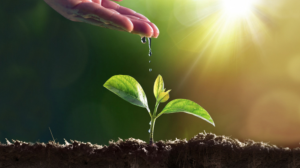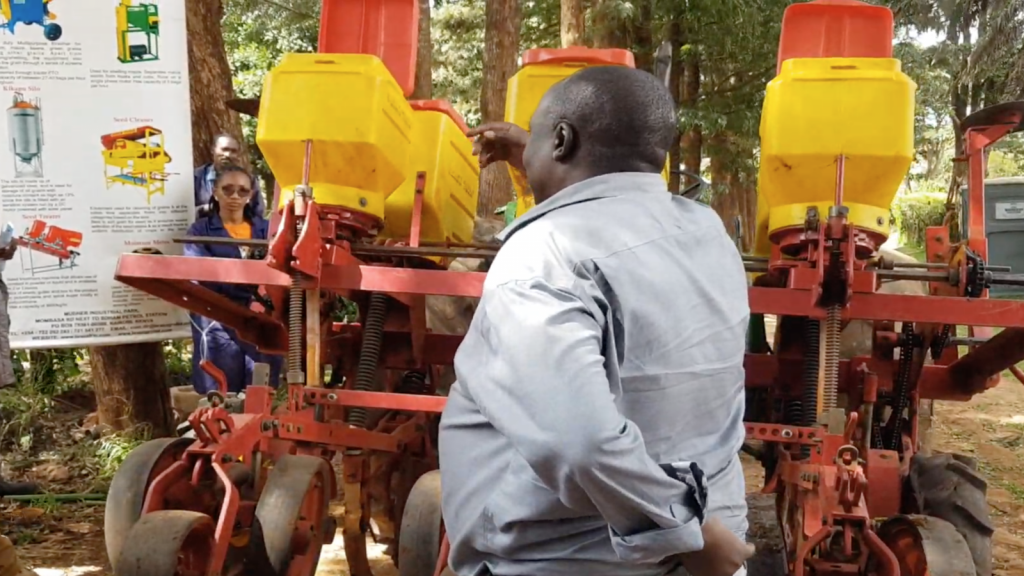Agriculture is a driving force when it comes to our social and economic development. A vibrant agricultural economy provides for high production, labor empowerment and sustainable income hence social progress. This ensures that our focus on food and nutrition security as a nation is maintained and achieved. Above all, we need to embrace innovations and climate smart agriculture to mitigate challenges in agriculture. For instance, food production has been affected by climate change, flash
flooding and drought resulting to high food prices.
To improve crop yields and increase their income, small scale and large scale farmers should practice sustainable agriculture as a way of coping with climate change. Above all, sustainable agriculture is about increased production, quality life for farmers, environment protection and better income.
Some climate smart agriculture practices include;
- use of drought and heat tolerant crops,
- usage of waste products from crops,
- mechanization,
- conservation of agriculture (CA),
- shifting from cattle to goats,
- fodder productions (pastoralists),
- providing feed supplements,
- adequate water,
- produce biogas from waste (dairy) etc.
Consequently the Kenya Government has put policies in place in regards to sustainable agriculture with the aim of achieving food and nutritional security for all its citizens. In collaboration with county governments, local and international partners, the government is building capacity for both small and large scale farmers in practicing climate smart agriculture. In addition to this, farmers have been
provided with farm implements, certified drought resistant seeds and animal feeds to increase productivity.

In addition, the Agenda Four, is supporting stable food production, increasing number of irrigation schemes, increasing access to farm inputs, train farmers on climate change disaster interventions.This includes diversification from maize to avocado, passion fruit, vegetables, coffee, pyrethrum, macadamia and potato.
Research institutions are also playing a big role in the fight against climate change. By ensuring food and nutrition security. In light of this KALRO is developing a variety of seeds, goat and cattle breeds of high yields and resistant to drought. Five new sorghum seeds have been developed by Egerton University as raw materials for industrial use in the manufacture of alcohol beverages, ethanol, animal feeds, bakery
products etc.
The National Treasury has proposed in the 2022/23 budget, approximately Ksh. 1b, for Climate Smart Agriculture Productivity Project and drought resilience and sustainable livelihood enhancement. In addition, Ksh. 1.5b will go to small scale irrigation and value addition project and Ksh. 46.7b will go to the food and nutrition sector.
The CS Agriculture, Mr. Peter Munya pronounced this while inaugurating the annual Agricultural Society of Kenya (ASK) trade fair in Nakuru.
